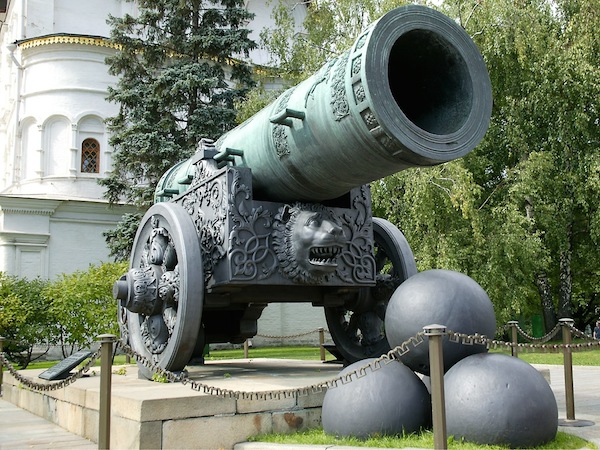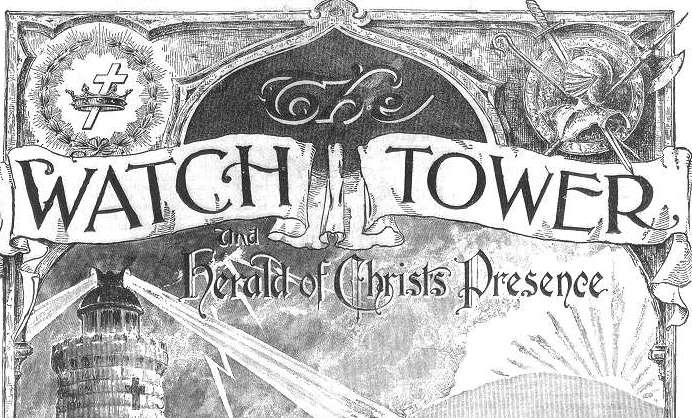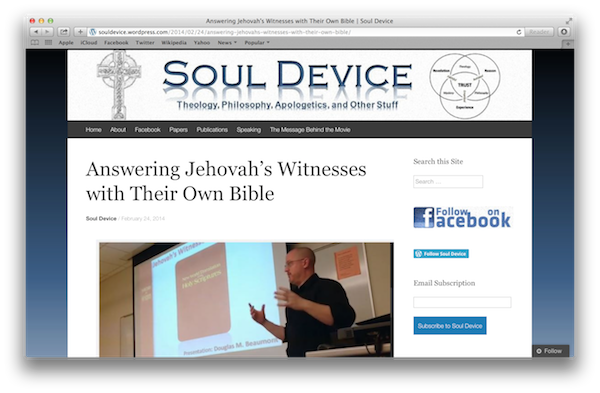Canon Dates
Since I’m going to be discussing the question of the canon with some Jehovah Witnesses this weekend, I thought I’d post a few of the important dates which I often need to look up when talking about the setting of the canon of Scripture:
AD 170
The Muratorian fragment describes a New Testament canon which includes all of today’s books, with the exception of Hebrews, James, and 3rd John.
AD 180
Melito of Sardis provides a list of Old Testament books, including Wisdom but excluding Esther.
AD 367
Bishop Athanasius of Alexandria lists in his 39th Festal Letter the canon. His Old Testament canon generally excludes the deutercanon, but includes Baruch and excludes Esther. He includes the entire New Testament canon.
AD 382
The Synod of Rome lists the 73 books of the Catholic Canon.
AD 393
The Council of Hippo lists the Catholic Canon. As with the other local councils, the pronouncements of the council were sent to Rome to be ratified by the Pope.
AD 397
The Council of Carthage confirms the pronouncements of Council of Hippo.
AD 405
Bishop of Toulouse requests a list of all the books of Scripture from the Bishop of Rome. Pope Innocent I sends him the list of 73.
Jerome completes the Latin Vulgate translation of the Bible.
AD 419
The Second Council of Carthage confirms the Catholic canon.
AD 1441
The Council of Florence also lists the 73 book canon.
AD 1563
The Council of Trent also lists the current day Catholic canon.

For a detailed list of books used in the Early Church, please check out this post from Shameless Popery.


 “It’s really great that you care so much about your faith that you’re willing to give up your Saturday mornings to do this, but I should probably tell you I’m Catholic. In fact, I’m reeeeally Catholic, so I think I’d probably just be a waste of your time.
“It’s really great that you care so much about your faith that you’re willing to give up your Saturday mornings to do this, but I should probably tell you I’m Catholic. In fact, I’m reeeeally Catholic, so I think I’d probably just be a waste of your time. 
 Chances are you’ve encountered Jehovah Witnesses at some point. But what do they actually believe?
Chances are you’ve encountered Jehovah Witnesses at some point. But what do they actually believe?
 Today over at
Today over at 